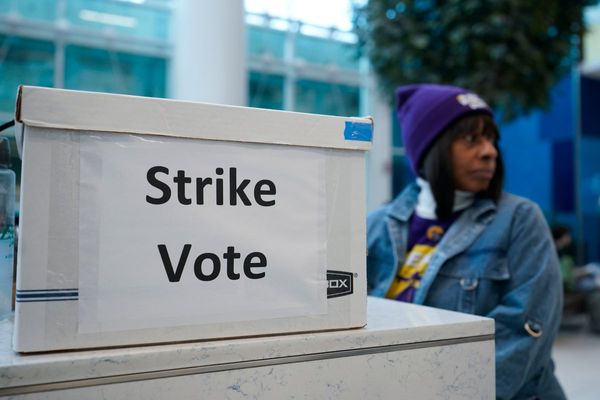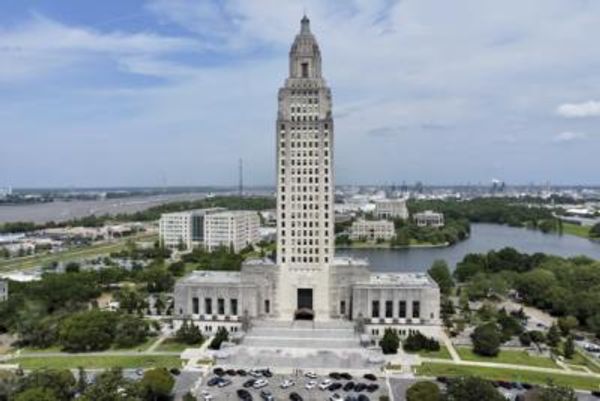
Karachi (AFP) - Pakistan's exiled former military ruler Pervez Musharraf, who became a key US ally during the "war on terror", was due to be buried on Tuesday, according to officials.
Musharraf, who fled Pakistan in 2016 for medical treatment after a travel ban was lifted, died on Sunday aged 79 in Dubai, after a long illness.
The plane carrying his body landed late Monday in Karachi, aviation sources told AFP.
While there has been no official announcement about his funeral, military officials who asked not to be named said Musharraf was expected to be buried on Tuesday in the mega port city where his family settled after leaving Old Delhi following the partition of the Indian subcontinent.
Musharraf seized power in a 1999 bloodless coup and was acting simultaneously as Pakistan's army chief, chief executive, and president when the 9/11 attacks on the United States took place.
Musharraf became Washington's chief regional ally during the invasion of neighbouring Afghanistan in 2001, a decision which put him in the crosshairs of Islamist militants, who made several attempts on his life.
It earned Pakistan a huge influx of foreign aid, which bolstered the economy and allowed him to modernise Pakistan.
However, the general twice suspended the constitution, was accused of rigging a referendum shoring up his power, as well as rampant rights abuses including rounding up opponents during his nearly nine-year rule.
In an editorial published by the country's leading English language newspaper on Monday, Musharraf was described "as something of an enigma as his authoritarian rule was also interspersed with liberal reforms".
"Yet the late general's mistakes were considerable, the biggest and most unforgivable being the derailing of the consitutional order."
In Pakistan, where the military remains supremely powerful and enjoys significant support, Musharraf is a divisive figure.
"In the end he left Pakistanis with a deep distaste for direct military rule -- so that even though the military wields much power behind the scenes now, it does not want to be in power directly again," Madiha Afzal, an analyst from the Brookings Institution, told AFP.
Musharraf had been suffering from a rare disease known as amyloidosis and last summer his family said he had no prospect of recovery.







